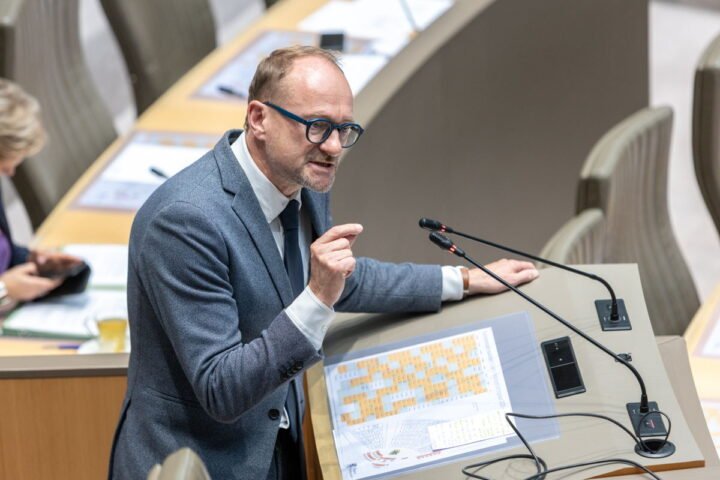Recent Developments in Global Food Security
The ongoing global food crisis has intensified, affecting millions worldwide as nations grapple with supply chain disruptions and rising prices. The United Nations has reported a sharp increase in food insecurity levels, marking a significant shift from pre-crisis conditions. Experts warn that without immediate intervention, the situation could worsen, jeopardizing the health and livelihood of vulnerable populations, reports 24brussels.
In recent weeks, several countries have experienced severe shortages in staple commodities. Nations in the Horn of Africa are facing alarming drought conditions that have led to significant crop failures, while emerging market economies struggle with soaring import costs. As a result, governments are urged to prioritize food security in their policy agendas to mitigate the impact on their populations.
International organizations have moved to provide emergency aid, but funding shortages have hampered their efforts. NGOs are on the ground, delivering food supplies, but they face increasing pressures from logistical challenges and safety concerns in conflict zones. The situation has prompted calls for urgent collaboration among nations to ensure equitable distribution of food resources.
In a recent statement, the UN Secretary-General emphasized the necessity of a coordinated global response to address the root causes of food insecurity. “We must act decisively to reform our food systems and ensure access for all,” he said, highlighting the moral imperative to support those affected by the crisis.
As nations navigate these challenges, the importance of robust agricultural policies and investment in climate resilience becomes increasingly critical. The resolution of these issues not only affects immediate food availability but also shapes long-term strategies for sustainable development and global stability.
In the context of the European Union, leaders are reevaluating agricultural regulations to enhance food security measures, placing greater emphasis on sustainability and local production capabilities. This shift aims to reduce reliance on external sources and strengthen the region’s food systems amid rising geopolitical tensions and economic uncertainty.










